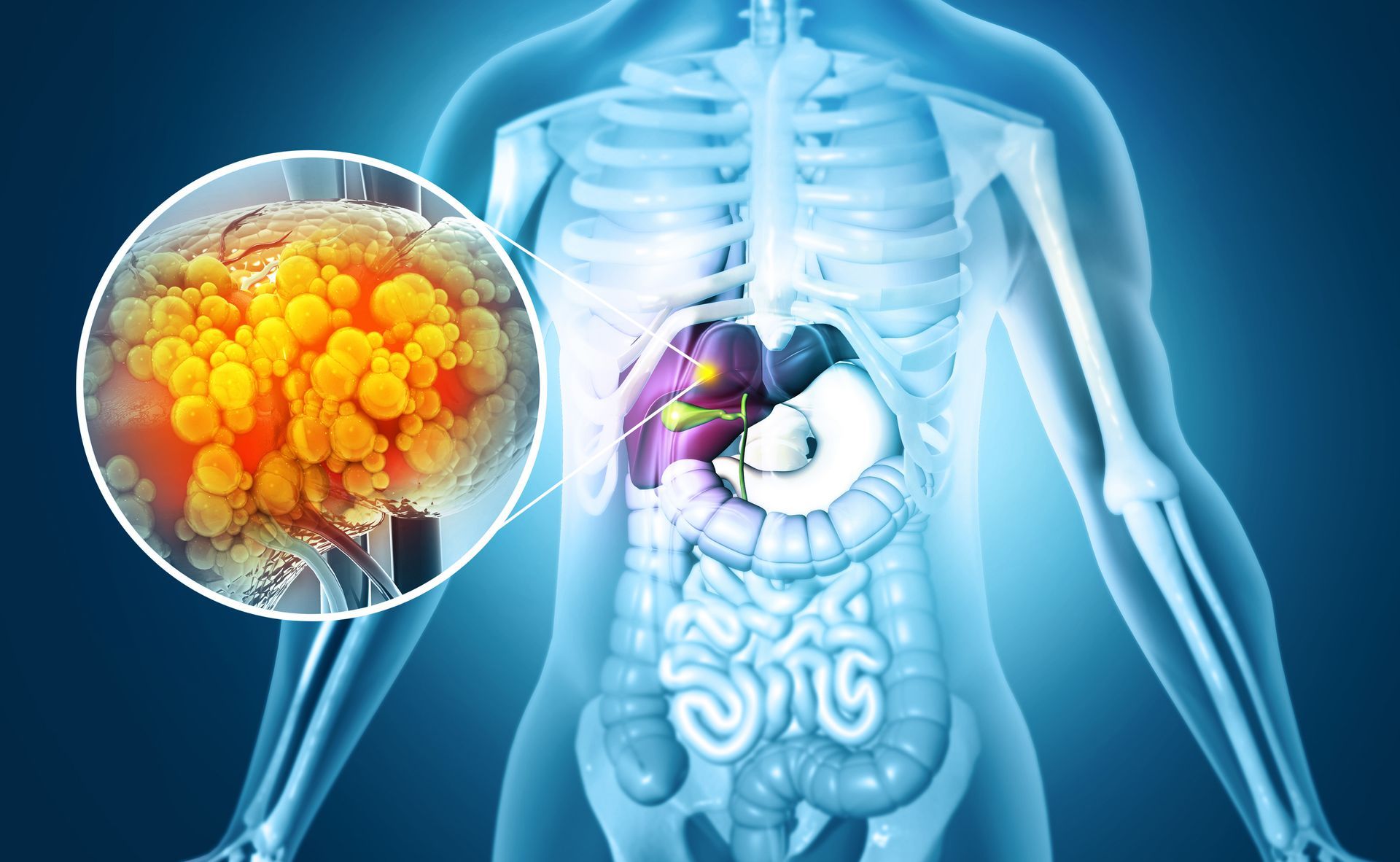FECAL INCONTINENCE IN NORTHWEST FLORIDA
Millions of people around the world suffer with fecal incontinence, however the subject is frequently avoided out of shame and silence. It's time to bring awareness to this significant issue because doing so will help with fecal incontinence diagnosis, treatment, and quality of life for people who experience it. Let's examine what fecal incontinence is, why it occurs, and the many potential treatments.
HAVE QUESTIONS ABOUT FECAL INCONTINENCE?
-
What is Fecal Incontinence?
Fecal incontinence is the involuntary loss of control over bowel movements, often known as bowel incontinence or inadvertent bowel leakage. This disorder can cause occasional, little bowel leaks or total lack of control. Although it can happen to anyone, older persons are more likely to experience it.
-
What are the Causes of Fecal Incontinence?
The muscles and nerves that control bowel movements can become damaged or weakened due to various factors, such as childbirth, surgery, or medical conditions like diabetes. Conditions like irritable bowel syndrome (IBS), Crohn's disease, or chronic diarrhea can also increase the risk of fecal incontinence. Chronic constipation is another factor that can lead to the accumulation of stool in the rectum, which can stretch and weaken the muscles responsible for maintaining continence. Neurological disorders like multiple sclerosis, Parkinson's disease, and spinal cord injuries can interfere with the signals sent between the brain and the rectum, causing fecal incontinence. When the rectum protrudes from the anus, known as an anal prolapse, it can lead to fecal leakage. Lastly, surgical complications from certain surgeries, especially those involving the anus or rectum, can increase the risk of fecal incontinence.
-
What are Treatment Options for Fecal Incontinence?
In some cases, managing fecal incontinence may be possible through dietary modifications, such as increasing fiber intake to regulate bowel movements and lifestyle changes like establishing a regular bathroom routine. Your healthcare provider may prescribe medications to manage diarrhea, and constipation, or reduce the urgency associated with fecal incontinence. Pelvic floor exercises, also known as Kegel exercises, can help strengthen the muscles responsible for bowel control. Physical therapy can also be beneficial. In severe cases, surgery may be necessary to correct structural issues or damage to the anal sphincter muscles.
-
Seeking Help and Support for Fecal Incontinence
It's critical to keep in mind that if you're dealing with fecal incontinence, you're not alone. Despite the fact that this ailment can be physically and emotionally taxing, assistance is accessible. Do not be reluctant to ask a healthcare professional for an assessment and recommendations.
Joining support groups or going to counseling can also offer emotional support and useful guidance for dealing with fecal incontinence. Open communication about your condition with family members, friends, and medical professionals is a crucial first step to enhancing your quality of life.
There is no need to suffer if you have fecal incontinence, which is a medical problem that many people experience. Knowing the causes and potential treatments can encourage people who suffer from fecal incontinence to get help and improve their quality of life. If you have these symptoms, the experts at Digestive Diseases Center in Northwest Florida are here to help.
READY TO SCHEDULE AN APPOINTMENT?
RECENT GASTROENTEROLOGY POSTS
CONTACT
850-763-5409
ADDRESSES
4 LOCATIONS
204 E 19th Street, B, Panama City
12216 Panama City Beach Pkwy, D, Panama City Beach
4295 3rd Ave, Marianna
101 Good Morning St., 109B, Port St. Joe
Subscribe to our newsletter:
subscribe to our newsletter
We will get back to you as soon as possible.
Please try again later.



